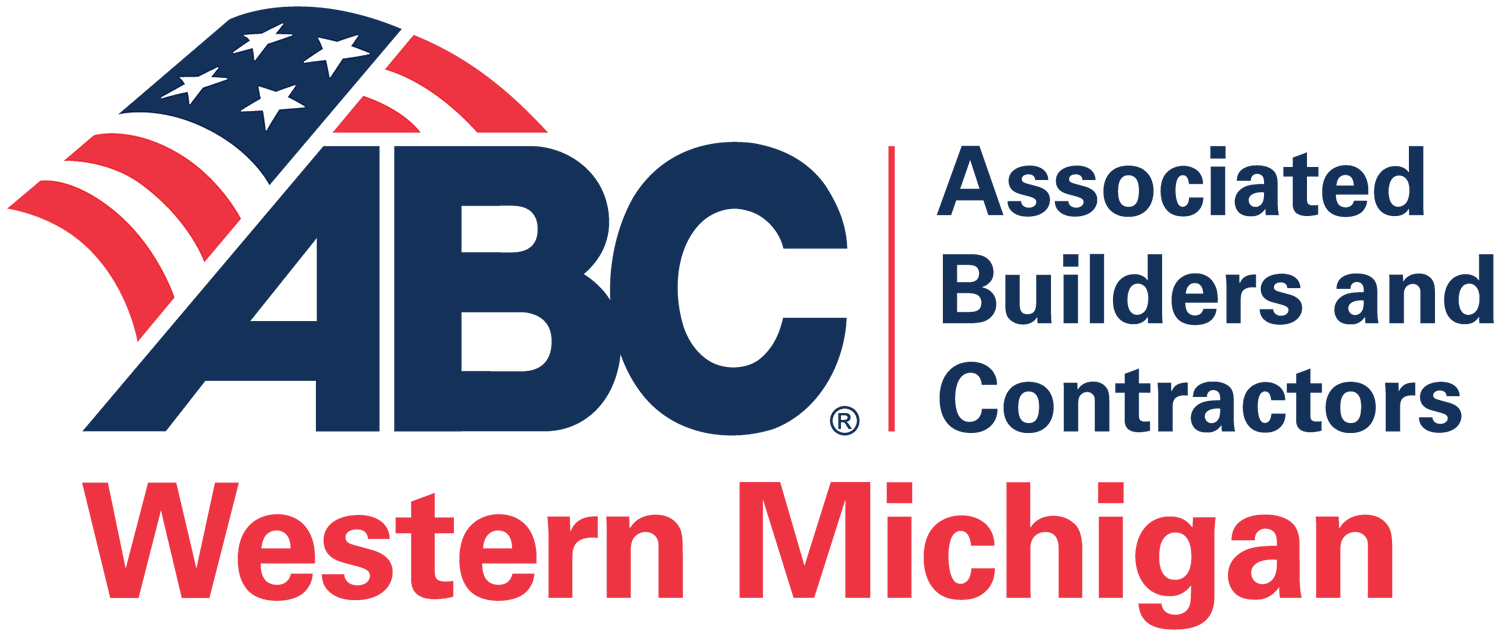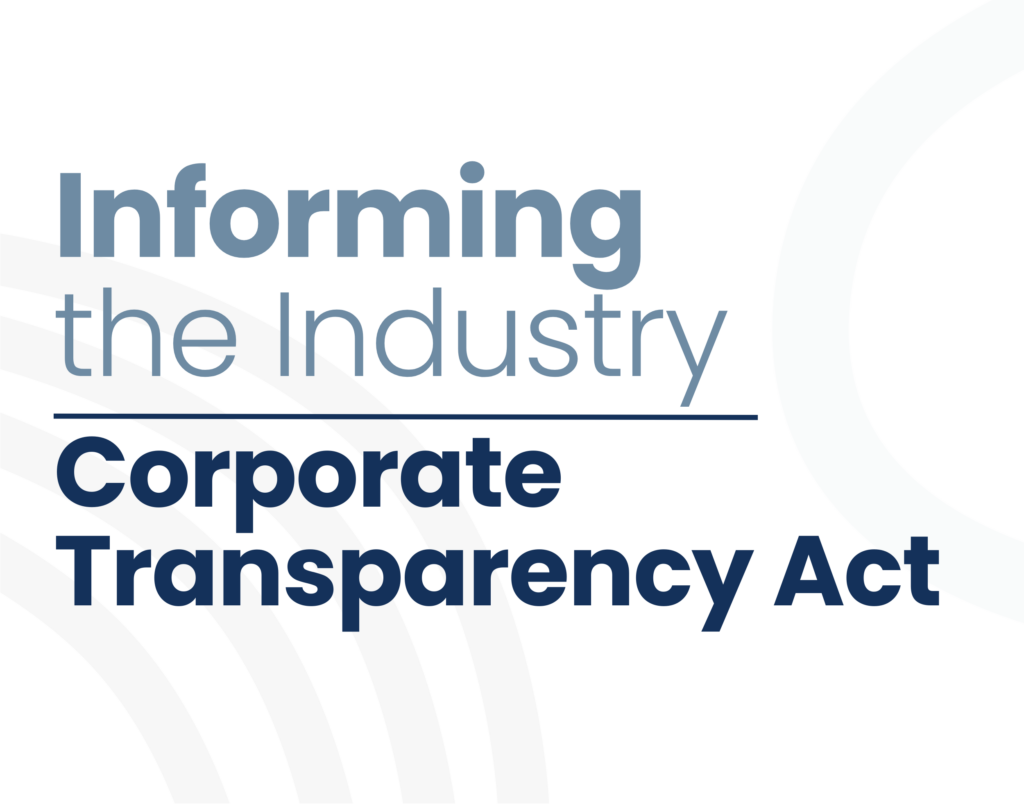The Corporate Transparency Act (CTA) is shaking up how businesses operate, and construction companies are no exception. Passed in 2021 as part of the National Defense Authorization Act, the CTA aims to curtail illegal activities such as money laundering by increasing transparency in business ownership. For construction companies, this means new reporting obligations that could impact how they manage their operations. In this blog post, we’ll explore the significance of the CTA for construction firms, outline what they need to know, and provide actionable steps to ensure compliance by the upcoming deadline.
The Corporate Transparency Act Unveiled
The CTA is a landmark legal requirement set to take effect on January 1, 2024. It mandates that businesses report their beneficial owners to the Financial Crimes Enforcement Network (FinCEN), a bureau within the U.S. Department of Treasury. This means construction companies, like many other businesses, will need to disclose ownership details and identify individuals with significant control over the entity.
This initiative aims to reveal the real owners behind shell companies, making it harder for bad actors to conceal illicit activities. However, for law-abiding construction companies, this means navigating new legal requirements and ensuring their reporting practices align with the CTA’s stipulations.
Understanding Reporting Companies
Under the CTA, “reporting companies” are defined broadly. This includes corporations, LLCs, limited partnerships, and any other entity created by filing a document with a state office. For construction companies, this means that if your business fits these criteria, you must comply with the CTA’s reporting obligations.
It’s important to note that certain entities are exempt, such as large operating companies with more than 20 full-time employees and over $5 million in gross receipts or sales. However, for most construction companies, it’s crucial to determine if they fall under the reporting requirements and take steps to comply.
What Construction Companies Need to Report
The CTA requires businesses to file Beneficial Ownership Information (BOI) reports with FinCEN. These reports must include:
- Company Information: The legal name, address, state of formation, and taxpayer identification number.
- Beneficial Owners: Full legal names, dates of birth, addresses, and identification documents for individuals who own or control at least 25% of the company or exert significant influence over its operations.
- Company Applicants (for entities formed after January 1, 2024): Details of individuals responsible for filing formation documents.
Understanding these requirements is the first step toward ensuring compliance for your construction company.
Why Compliance Matters
Failing to comply with the CTA can result in severe penalties, both civil and criminal. Businesses may face fines of up to $10,000 and imprisonment for up to two years for willfully neglecting to report or providing false information. For construction companies, these penalties could have significant financial and reputational consequences.
Compliance is not just about avoiding penalties; it’s about safeguarding your business’s reputation and maintaining trust with clients and stakeholders. Demonstrating transparency in ownership can strengthen your company’s credibility and enhance your standing in the industry.
Steps to Ensure Compliance
1. Identify Your Reporting Status
Construction companies should first check if they need to comply with the CTA’s reporting obligations. Take a look at your business structure and see if your company qualifies as a reporting company.
If you’re unsure, it’s a good idea to consult legal counsel to understand your responsibilities. Here are ABC Western Michigan members providing CTA compliance assistance:
FinCEN also has several quick references and step-by-step instructions.
2. Gather Beneficial Ownership Information
After determining your reporting status, gather the essential beneficial ownership information. This means identifying individuals who have significant control over your company and collecting the necessary documents to submit to FinCEN. Make sure the information you collect is accurate, as mistakes could result in compliance issues.
3. Establish Internal Procedures
Establish internal procedures to manage compliance effectively. Appoint a compliance officer or team to handle the collection and submission of beneficial ownership information. This team should monitor changes in ownership and ensure updates to FinCEN are made on time. Create a system for record-keeping to keep compliance documents organized and track reporting deadlines.
4. Prepare for Reporting
Once you’ve gathered the necessary information and established internal procedures, prepare for the actual reporting process. FinCEN requires businesses to file reports electronically through their online platform. Familiarize yourself with the platform and ensure all required documents are ready for submission.
Be mindful of reporting deadlines. For existing companies, the initial report is due by January 1, 2025. For new companies formed after January 1, 2024, reports must be filed within 90 days of formation.
5. Stay Updated on Changes
The CTA is a new legal requirement, and ongoing updates and guidance from FinCEN are expected. Stay informed about any changes to reporting obligations or deadlines by subscribing to FinCEN updates and consulting legal experts.
Regularly review your compliance procedures to ensure they remain aligned with any new guidance or regulations.
Questions? Don’t hesitate to reach out, info@abcwmc.org.
Disclaimer: This document is intended for informational purposes only and should not be considered as legal advice. Construction companies and other businesses should consult with a qualified attorney to evaluate their specific circumstances and ensure compliance with the Corporate Transparency Act and other applicable laws.



